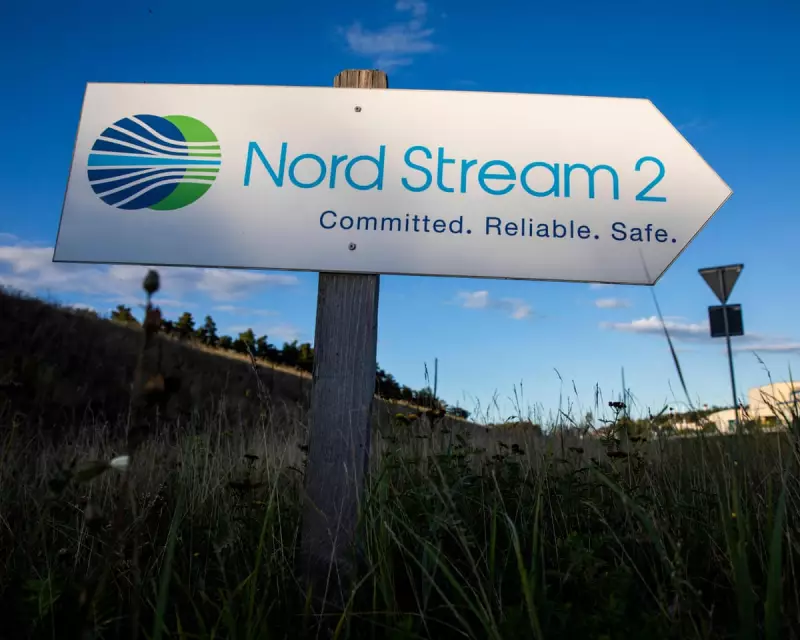
Fresh intelligence disclosures regarding the destruction of the Nord Stream gas pipelines have sent shockwaves through European capitals, exposing a tangled web of suspicion and diplomatic tension that threatens to undermine continental unity.
The Unfolding Intelligence Puzzle
According to recent reports circulating among security officials, multiple intelligence agencies now possess information pointing toward possible state involvement in the September 2022 attacks. Yet the findings remain frustratingly incomplete, with different nations interpreting the same evidence through vastly different political lenses.
"We're dealing with a jigsaw puzzle where crucial pieces are deliberately being withheld," revealed one senior European diplomat, speaking on condition of anonymity. "The silence from certain quarters speaks volumes."
Divided Responses Across the Continent
The investigation has become a political football, with various nations advancing competing narratives that align with their strategic interests:
- Eastern European states point toward historical patterns of Russian aggression
- Western European powers urge caution, emphasizing the need for concrete evidence
- Nordic countries have dramatically increased security around their critical infrastructure
The Ghost of Energy Dependence
Before their destruction, the Nord Stream pipelines represented both Europe's energy lifeline and its greatest vulnerability. Their abrupt severance forced a painful but rapid decoupling from Russian gas, accelerating the transition to alternative energy sources.
"The pipelines were always more than steel and concrete," noted energy analyst Dr Elena Petrova. "They embodied Europe's complicated relationship with Moscow—a mixture of economic pragmatism and strategic anxiety."
Security Implications for European Infrastructure
The attacks have triggered a continent-wide reassessment of critical infrastructure protection. From underwater communication cables to energy grids, European nations are confronting uncomfortable questions about their vulnerability to sophisticated sabotage operations.
Security protocols have been overhauled, with NATO establishing a new task force specifically focused on protecting underwater infrastructure. Yet many experts worry these measures may be too little, too late.
The Diplomatic Fallout
Behind closed doors, the investigation has strained relationships between traditional allies. The reluctance of some nations to share intelligence fully has bred resentment and suspicion, creating fractures that could take years to heal.
As one Berlin-based official grimly observed: "When trust becomes collateral damage, everyone loses. We're witnessing the erosion of the very foundations that European cooperation was built upon."
With the investigation ongoing and political temperatures rising, Europe finds itself navigating one of its most serious security crises in decades—not just of infrastructure, but of confidence in its own unity.





